News 5/7/13
During a CMS Listening Session, AMA board of trustees Chair Steven Stack, MD says EHRs create “an appalling Catch-22 for physicians.” Stack criticized the federal mandate to implement EHR under threat of monetary fine while simultaneously accusing practices of cloning records and committing fraud when using template-based EHRs to create near-uniform physician documentation. While acknowledging efforts by ONC to improve usability, Stack also noted that “documenting a full clinical encounter in an EHR is pure torment.”
American Medical News investigates legal issues facing Allscripts following the company’s announcement to discontinue sales and support of its MyWay product. Anesthesiologist Robert Joseph, MD, initiated a class-action lawsuit late last year on behalf of the 5,000 physicians who purchased the MyWay product, contending the software was so difficult that his practice’s revenues fell 50 percent in a year and caused his office manager to quit. Allscripts declined to return Joseph’s money or let him out of his contract, instead offering him a free upgrade to its Professional platform. Since the original suit was filed, a judge has denied Allscripts’ motion for dismissal. Allscripts filed an appeal, the appeals court ruled in favor of the physicians, and the suit has been allowed to move forward. Meanwhile, Cardinal Health 200 LLC filed a separate suit, saying it paid Allscripts $5 million for 1,250 licenses for MyWay only to learn that it would not be enhanced to support ICD-10 and MU. Cardinal contends it is unable to resell its remaining 994 licenses since Allscripts is discontinuing support. Cardinal also charges that the Professional product is more expensive and difficult to license, implement, and support.
Physical Rehabilitation Network will deploy NextGen Healthcare’s EHR, PM, PatientPortal, and NextPen products across its 100+ locations and use NextGenRCM Services for revenue cycle management.
Greenway reports Q3 results: revenue up 3 percent, adjusted EPS $0.01 vs. $0.08, beating earnings estimates of –$0.02 but falling well short of revenue expectations. The company blames a faster-than-expected shift to subscription-based pricing. Shares are near their 52-week low.
Nearly 600 Medical College of Wisconsin physicians will use SA Ignite’s MU Assistant this year to attest to Meaningful Use using Epic.
CareCloud reports its 13th consecutive quarter of revenue growth and the addition of over 100 clients in Q1, giving the company a client base of almost 3,000 providers.
DigiChart changes its name to Artemis, which the company says “better reflects our mission and vision for the future.” In case you can’t keep your Greek gods straight, Artemis is the goddess of fertility and childbirth, which sounds appropriate for a company that targets its EHR and patient engagement solutions to the OB/GYN market.
Online physician network Doximity introduces an iPad app.
DocuTAP, a provider of EHR/PM technology for urgent care providers, raises $11.9 million in Series B funding from Bessemer Venture Partners.
Aprima Medical Software will interface its EHR/PM system with the Homecare Homebase platform.
RCM provider National Medical Billing Services appoints Lewis Custer (Quest Diagnostics) as SVP of operations.

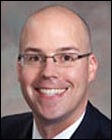
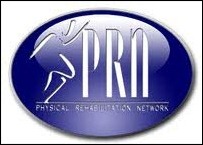

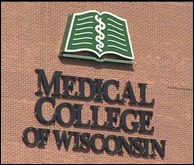

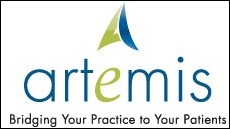
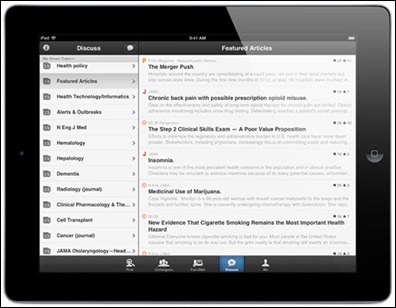


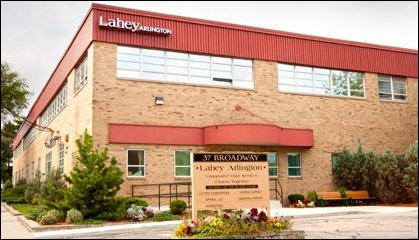



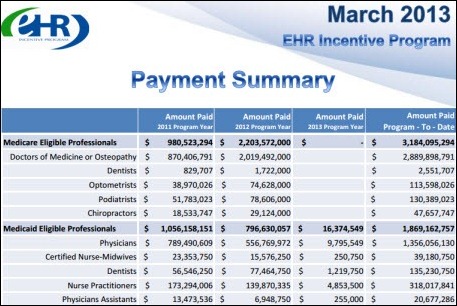
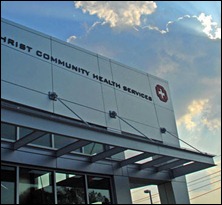
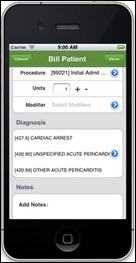
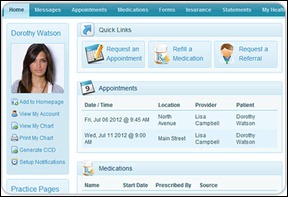
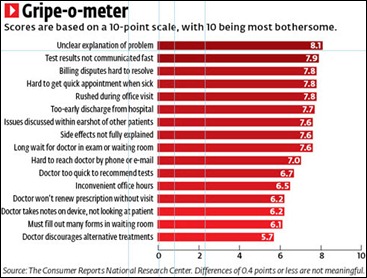


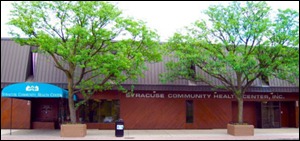
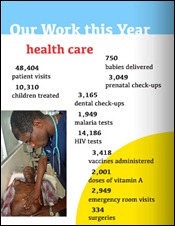


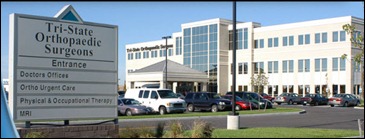
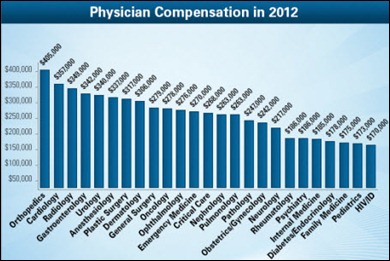

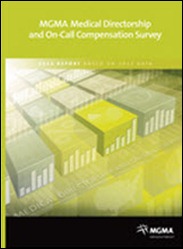
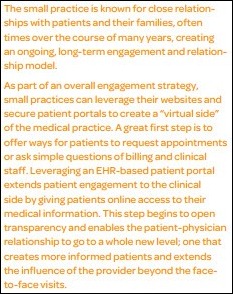
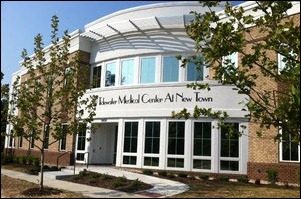

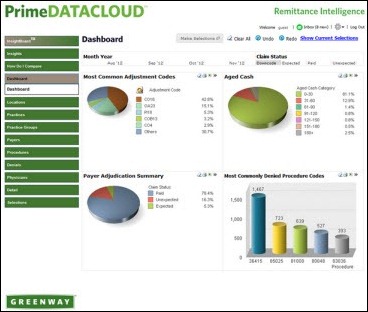
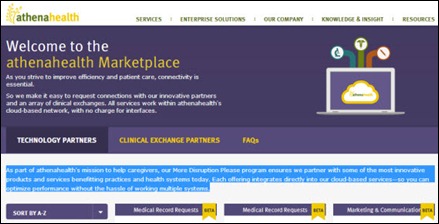


The article about Pediatric Associates in CA has a nugget with a potentially outsized impact: the implication that VFC vaccines…